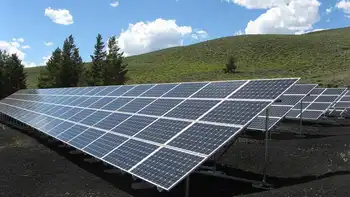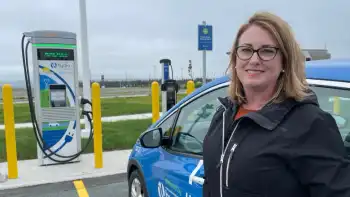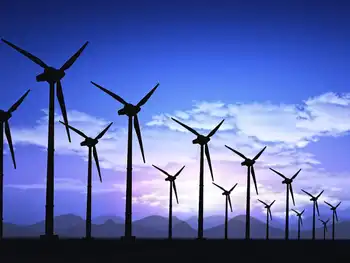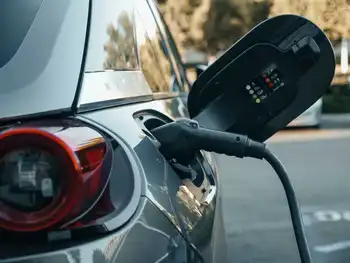DOE Announces $5 Million to Launch Lithium-Battery Workforce Initiative
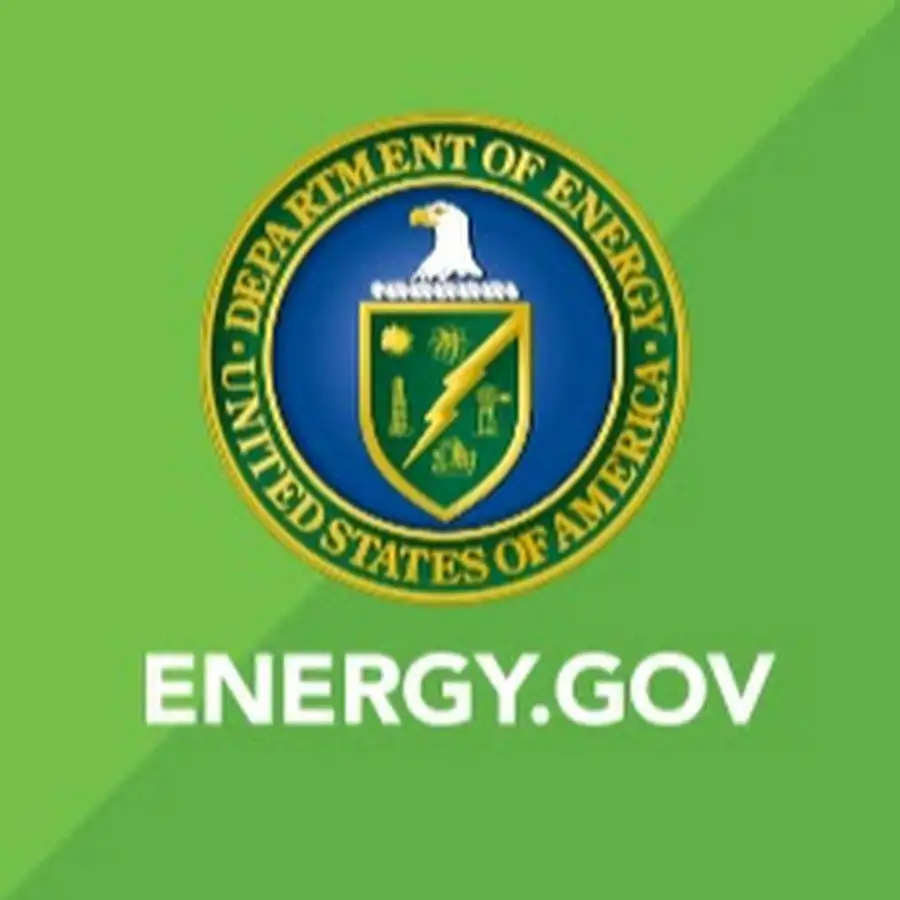
Arc Flash Training CSA Z462 - Electrical Safety Essentials
Our customized live online or in‑person group training can be delivered to your staff at your location.

- Live Online
- 6 hours Instructor-led
- Group Training Available
DOE Battery Workforce Strategy advances lithium battery manufacturing with DOE, DOL, and AFL-CIO partnerships, pilot training programs, EV supply chain skills, and industry-labor credentials to strengthen clean energy jobs and domestic competitiveness.
Key Points
An initiative to fund pilot training and labor-industry partnerships to scale domestic lithium battery manufacturing.
✅ $5M for up to five pilot training programs.
✅ Builds industry-labor credentials across the battery supply chain.
✅ Targets EV manufacturing, recycling, and materials refining.
The U.S. Department of Energy (DOE), in coordination with the U.S. Department of Labor and the AFL-CIO, today announced the launch of a national workforce development strategy for lithium-battery manufacturing. As part of a $5 million investment, DOE will support up to five pilot training programs in energy and automotive communities and advance workforce partnerships between industry and labor for the domestic lithium battery supply chain. Lithium batteries power everything from electric vehicles, where U.S. automakers' battery strategies are rapidly evolving, to consumer electronics and are a critical component of President Biden’s whole-of-government decarbonization strategy. This workforce initiative will support the nation’s global competitiveness within battery manufacturing while strengthening the domestic economy and clean energy supply chains.
“American leadership in the global battery supply chain, as the U.S. works with allies on EV metals to strengthen access, will be based not only on our innovative edge, but also on our skilled workforce of engineers, designers, scientists, and production workers,” said U.S. Secretary of Energy Jennifer M. Granholm, “President Biden has a vision for achieving net zero emissions while creating millions of good paying, union jobs — and DOE’s battery partnerships with labor and industry are key to making that vision a reality.”
“President Biden has made the creation of good union jobs a cornerstone of his climate strategy,” said AFL-CIO President Liz Shuler. “We applaud DOE for being proactive in pulling labor and management together as the domestic battery industry is being established, and as Canada accelerates EV assembly nearby, we look forward to working with DOE and DOL to develop high-road training standards for the entire battery supply chain.”
“I am glad to see the Department of Energy collaborating with our industry partners to invest in the next generation of our clean energy workforce,” said U.S. Senator Joe Manchin (D-WV), Chairman of the Senate Energy and Natural Resources Committee. “While I remain concerned about our dependence on China and other foreign countries for key parts of the lithium-ion battery supply chain, and recent lithium supply risks highlight the urgency, engaging our strong and capable workforce to manufacture batteries domestically is a critical step toward reducing our reliance on other countries and ensuring we are able to maintain our energy security. I look forward to seeing this initiative grow, and we will continue to work closely together to ensure we can onshore the rest of the battery supply chain.”
The pilot training programs will bring together manufacturing companies, organized labor, and training providers to lay the foundation for the development of a broad national workforce strategy. The pilots will support industry-labor cooperation, as major North American projects like the B.C. battery plant advance, and will provide sites for job task analyses and documenting worker competencies. Insights gained will support the development of national industry-recognized credentials and inform the development of broader training programs to support the overall battery supply chain.
This initiative comes as part of suite of announcements from President Biden’s Interagency Working Group (IWG) on Coal and Power Plant Communities and Economic Revitalization—a partnership among the White House and nearly a dozen federal agencies committed to pursuing near- and long-term actions to support coal, oil and gas, and power plant communities as the nation transitions to a clean energy economy.
This announcement follows DOE’s recent release of two Notices of Intent authorized by the Bipartisan Infrastructure Law to provide $3 billion to support projects that bolster domestic battery manufacturing and battery recycling for a circular economy efforts nationwide. The funding, which will be made available in the coming months, will support battery-materials refining, which will bolster domestic refining capacity of minerals such as lithium, as well as production plants, battery cell and pack manufacturing facilities, and recycling facilities.
It also builds on progress the Biden-Harris Administration and DOE have driven to secure a sustainable, reliable domestic supply of critical minerals and materials necessary for clean energy supply chains, including lithium, with emerging sources like Alberta's lithium-rich oil fields underscoring regional potential. This includes $44 million in funding through the DOE Mining Innovations for Negative Emissions Resource Recovery (MINER) program to fund the technology research that increases the mineral yield while decreasing the required energy, and subsequent emissions, to mine and extract critical minerals such as lithium, copper, nickel, and cobalt.






